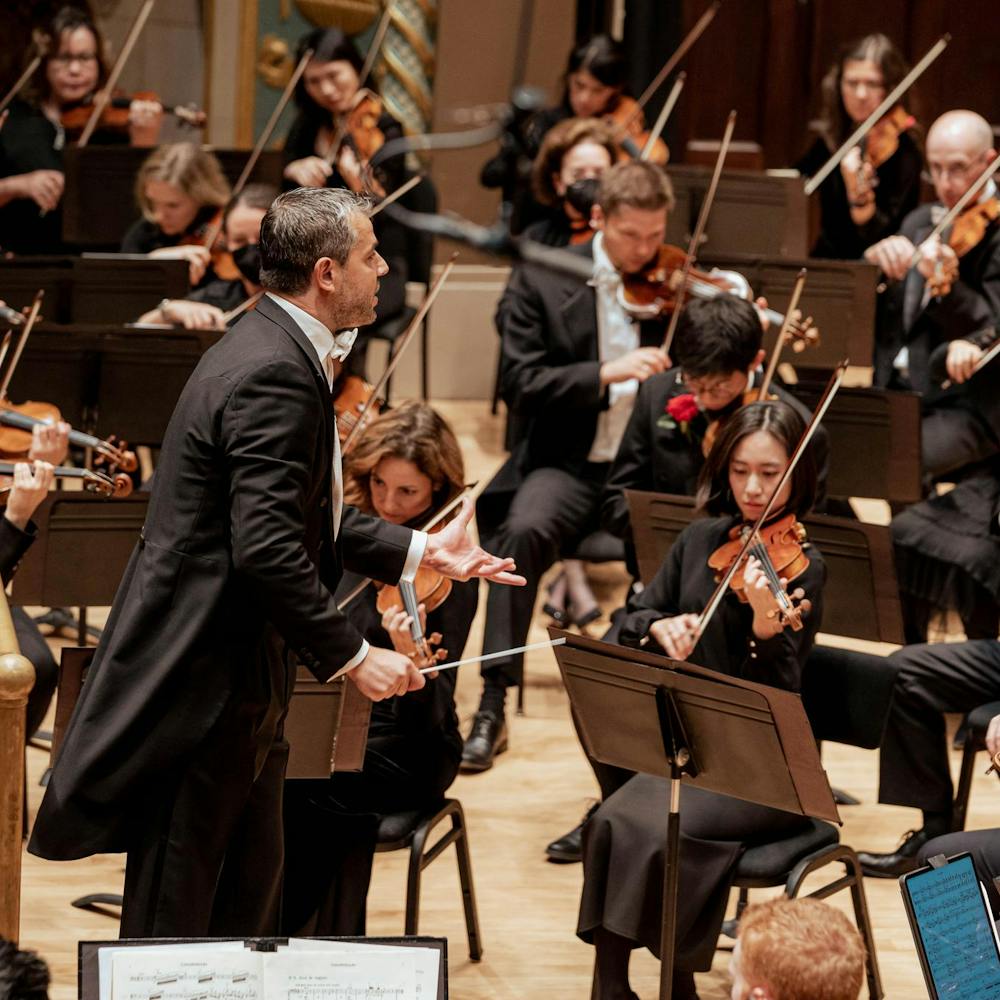Radio stations broadcasting on the Internet may have to dig deep into their pockets to keep the United States Copyright Office and the Recording Industry Association of America away.
By May 21, a copyright office committee will decide whether to levy fees for Internet broadcasting. Commercial broadcasters would have to pay seven-hundredths of a cent per listener per song. Any Web-only broadcasts would cost 14-hundredths of a cent per listener per song.
Non-commercial broadcasters, such as MSU’s WDBM (88.9-FM) and www.thefix.org would be charged two-hundredths of a cent per listener per song, and five-hundredths of a cent for Web-only broadcasts.
The fees threaten to shut down the Internet broadcasting capabilities of many radio stations, including college broadcasters.
“When you start getting more than one listener and multiple hours, it starts to add up,” said general management senior Ryan Schram, operations manager for the Impact. “Obviously, it doesn’t look good for us right now because frankly, the amount of money they’re asking for is pretty high.”
For many broadcasters, the proposal makes stations pay based on estimated listeners since 1997 is most expensive. The Impact has been broadcasting on the Internet since 1996 and the Fix came online in 1999. Both stations offer two types of live broadcast using RealNetwork’s RealAudio and Apple’s Quicktime formats.
Many broadcasters have no method to gauge how many people were listening to a particular song four years ago. The copyright office’s proposed solution is a flat rate multiplied by an estimated number of songs per hour and an average number of listeners. For the Fix, the total could grow to be more than $17,000. The Impact, which has been broadcasting longer than the Fix, might have to pay even more.
The U.S. Copyright Office and its Copyright Arbitration Royalty Panel refused to comment until a decision on the proposal has been reached.
“Had similar rates been imposed in the early days of radio, we would not have the $20 billion dollar marketplace that we have today,” said David Frerichs, founder of California-based iM Networks, a company that designs products to receive Internet radio broadcasts. “The (royalty panel) recommendations play right into the hands of the corporate giants.”





